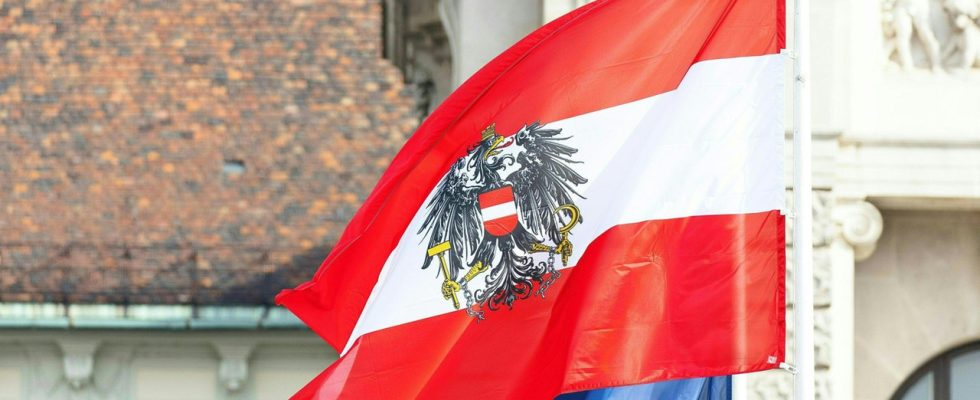The espionage scandal involving former secret service agents and ex-Wirecard board member Marsalek has expanded into a state affair in Austria. Before the National Council election, the question of political responsibility arises.
The former Federal Office for the Protection of the Constitution Egisto O. has been in custody for two weeks. Since then, the picture has become clearer that this espionage case could be one of the biggest secret service scandals in Austria’s history.
A picture of the infiltration of Austria by Russian spies. A picture of the infiltration of our security and intelligence services. An infiltration that reaches into the heart of the Austrian security architecture,”
says Austrian Green MP Meri Disoski.
MI5 exposed chats with Marsalek
On the one hand, two secret service agents are said to have spied for Russia for years; on the other hand, they could be partly responsible for the crisis and ultimately the dissolution of the Office for the Protection of the Constitution a few years ago. Both are connected to Jan Marsalek, the former board member of the insolvent German financial services provider Wirecard.
Chats with Marsalek that were secured by the British secret service MI5 brought these connections to light. They draw a line of connection to the Austrians Martin W. and Egisto O., some of whom have been under investigation in Austria for years. They are said to have supplied Russia with information.
“There could have been deaths”
And not with any data, as the Viennese journalist Florian Klenk emphasizes. “There could have been deaths,” he says. The suspicion is that two officials from the Federal Office for the Protection of the Constitution, two former, are said to have hunted opponents of the regime.
The target persons were a former employee of the Russian intelligence service FSB and a journalist. “The Office for the Protection of the Constitution tried to find out where these people lived,” says Klenk. They then passed the information along a chain to the Russian secret service.
Burglary in a journalist’s apartment
The Vienna apartment of investigative journalist Christo Grosew was then broken into. He had researched the poison attack on Alexei Navalny. A laptop was stolen during the break-in. Grosew then fled Austria. In an interview with the broadcaster ORF, he was convinced that the Austrian Federal Office for the Protection of the Constitution O. knew exactly what he was doing.
“O. must have known that all these queries about people who are of interest to the Russian government were a service for the Russian secret service. I conclude that he is innocent and just greedy for money,” said Grosev.
defense of Constitution was dissolved
O. and his former boss W. are also connected to the dissolution of their old agency. They are said to have provided the judiciary with information that led to a house search by the secret service in 2018. This was later classified as illegal.
Foreign services withdrew their trust in Austria. The Office for the Protection of the Constitution was dissolved. The whole thing was pushed forward by the then Interior Minister Herbert Kickl. He is now party leader of the partly right-wing extremist FPÖ. This means that the scandal has a political dimension.
For MP Yannick Shetty from the liberal NEOS, this means with a view to the election year: “It’s about the question of whether a party, the extended arm of Vladimir Putin, should be in the Federal Chancellery, should be in Parliament. And I think the people have the right to know.”
U-Committee could come up after the election
The conservative ÖVP is also trying to unload the espionage scandal and the connections to the Office for the Protection of the Constitution onto Kickl. However, the party itself provided the interior minister for years, while O. launched hundreds of illegal queries to authorities and passed them on to Russia.
The current Interior Minister Gerhard Karner, however, vehemently avoids questions about political responsibility. “Let’s be happy that something has been uncovered.”
All of this raises questions: How deep do Russia’s contacts extend into Austrian domestic politics? Why did the extent and purpose of O’s actions remain undetected for so long? Have authorities and politics failed and put human lives at risk? Eight proceedings with around 30 defendants are now underway in the case. After the National Council elections in September, a committee of inquiry could also be set up.
Silke Hahne, ARD Vienna, tagesschau, April 12, 2024 8:52 p.m

